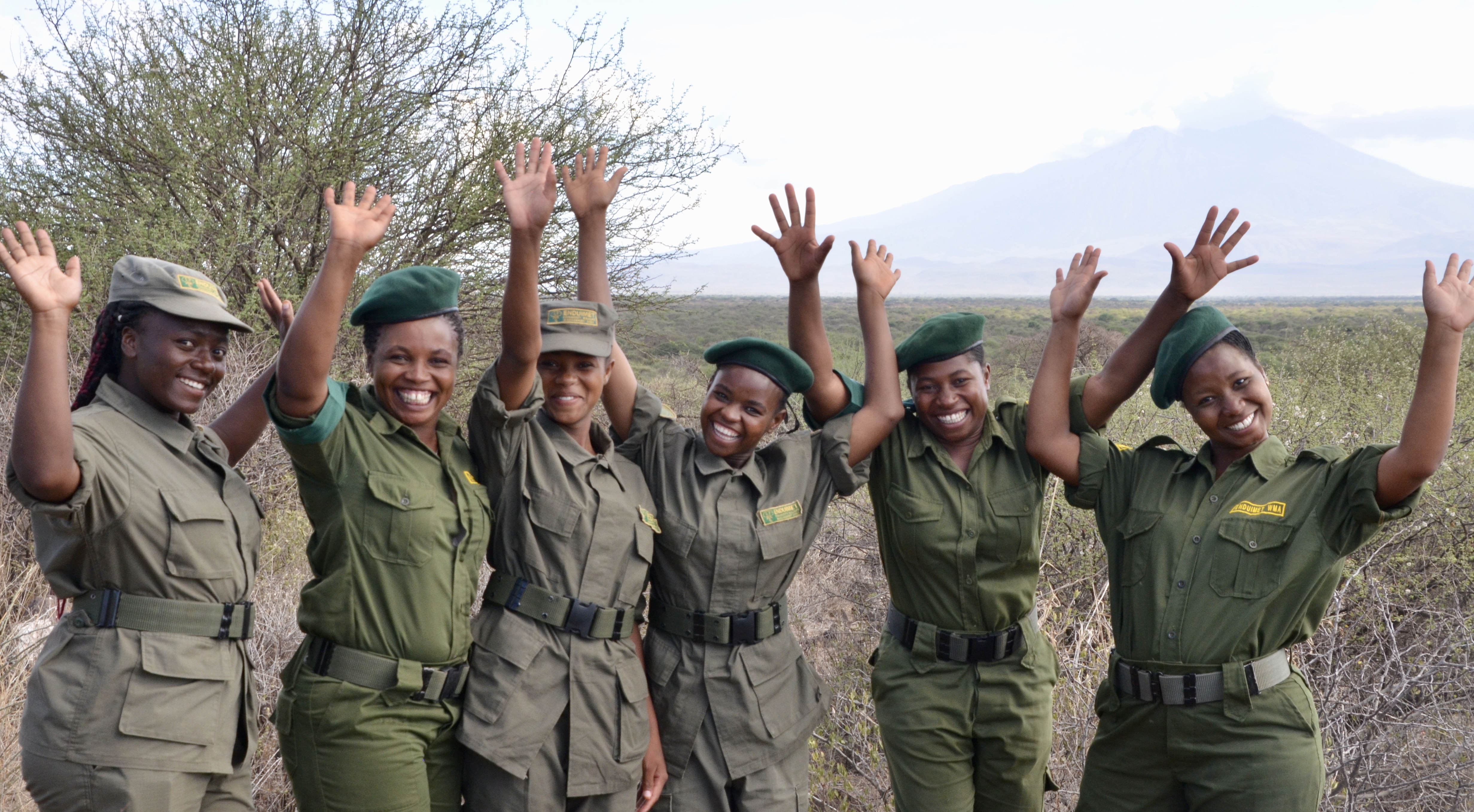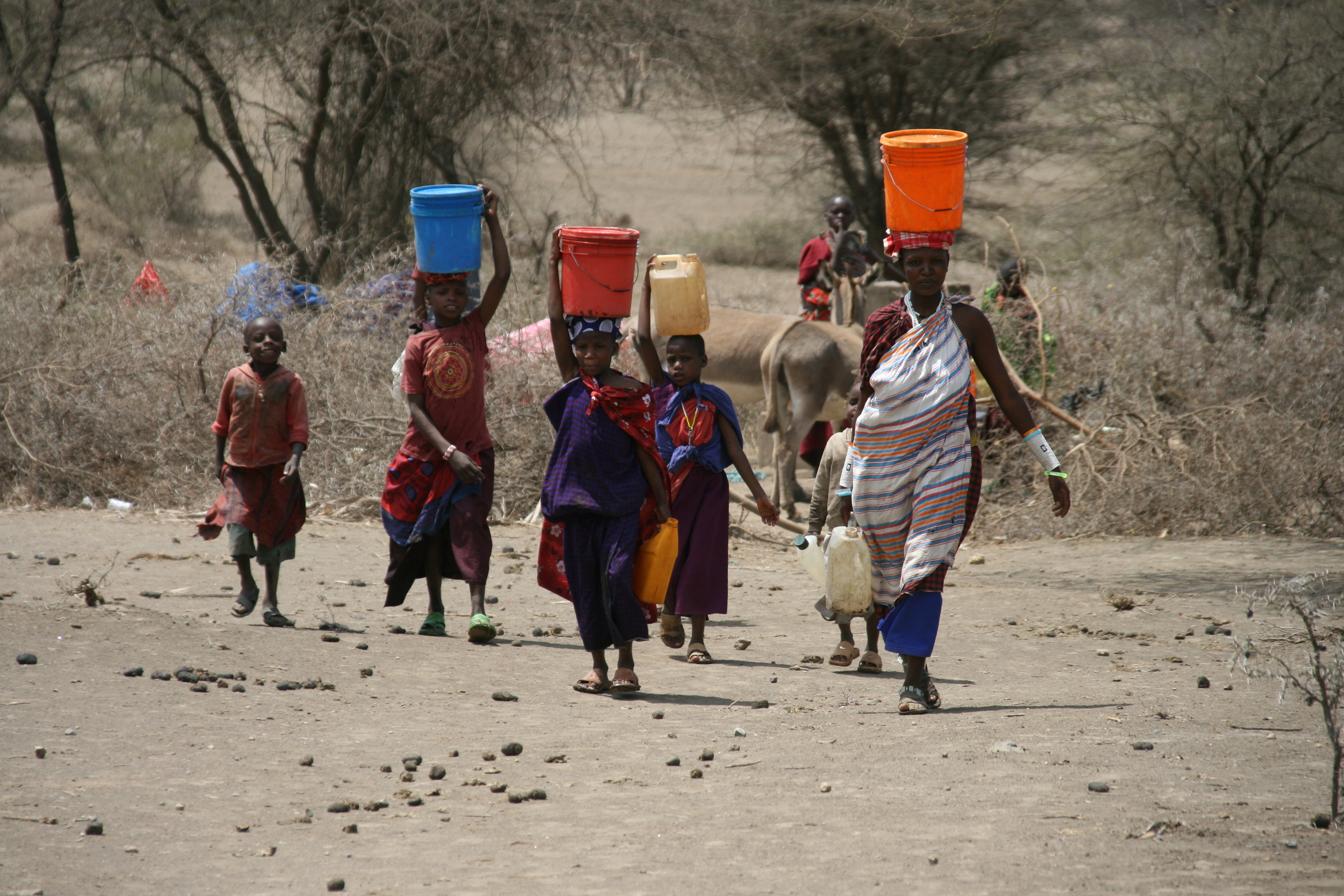PANORAMA SOLUTIONS
PANORAMA is a partnership promoting examples of inspiring, replicable solutions across a range of conservation and development topics, to enable cross-sectoral learning and upscaling of successes.
Eco-friendly Leather Tanning and Manufacturing of leather products has been one of the best solutions for pastoral women living in the dry Savannahs of northern Tanzania and southern Kenya. Livelihood diversification for pastoralist women plays a key role increasing their resilience to environmental pressures. Pastoral women are often marginalized within their communities with limited access to alternative livelihood options and limited ownership of resources. In the pastoral communities, raw skins and hides are available at a low/no value, therefore introduction of skills and equipment for the vegetable tanning process increases the commercial value of non- processed skins. In line with capacity building and provision of equipment, this initiative also provided a good environment for market linkages in the two countries. The eco-friendly leather curing activity has created a livelihood option for women, an income generating activity and also introducing another livestock by-product in the pastoral community.
A major challenge to maintaining a resilient pastoralist community facing the pressures of climate change such as prolonged drought and flooding, has been the lack of diversity of livelihood options and few opportunities aside from traditional pastoralism. The gender inequality regarding formal education is matched by a lack of technical capacity and is compounded by their limited access to tools and resources to facilitate change. Thus, although cheap resources have been available in the locality in the form of skins from livestock, their capacity to transform this into economic gain through craftwork in curing and stitching leather, business skills and opportunities for microfinancing has been very limited. The opportunity to learn from other communities has been prevented by lack of mobility and resources.The lack of economic opportunity within these communities consequently contributed to the degradation of the soils and landscape on which they depend.
Voices from the field
Eveline Shuma from Olmesutie, Loita, Kenya
Eveline is one of the Leather Training beneficiaries who was lucky to join the Exchange visit to Tanzania. After attending the training, she was excited to be back in her country with her toolkit and continue with the production of leather products from home. She explains that “When I went back home, I started working on women’s beaded leather belts which are very popular here in Loita! I produced and sold 3 belts and received a total of 10,500 Kshs (circa 75 USD). The money I got from the sales helped me start a small shop during the weekly market day, every Saturday”.
Eveline showed her eagerness to practice what she learned and even work from home during her free time to produce leather items. She even went a step further to seek market for the goods she produced and was able to sell. Eveline also decided to re-invest the money she received in another business of selling goods on a Market Day in her village. From the look in the picture, she has also made herself a leather handbag, this means she has ownership of the intervention and she is proud to wear the bag.
It is evident that Eveline, as any other woman in the Pastoral community had no access to any economic activity before the intervention and she took this chance with good spirit to prosper economically. She also feels empowered and economically capable to support her family in providing education for kids and food for her family.
Her capacity as a woman can not be understated, she is an example of a capable woman who only lacks the means to utilize her handcraft and business skills. To-date, Eveline stands as a good example of strong women who can influence and empower others.




